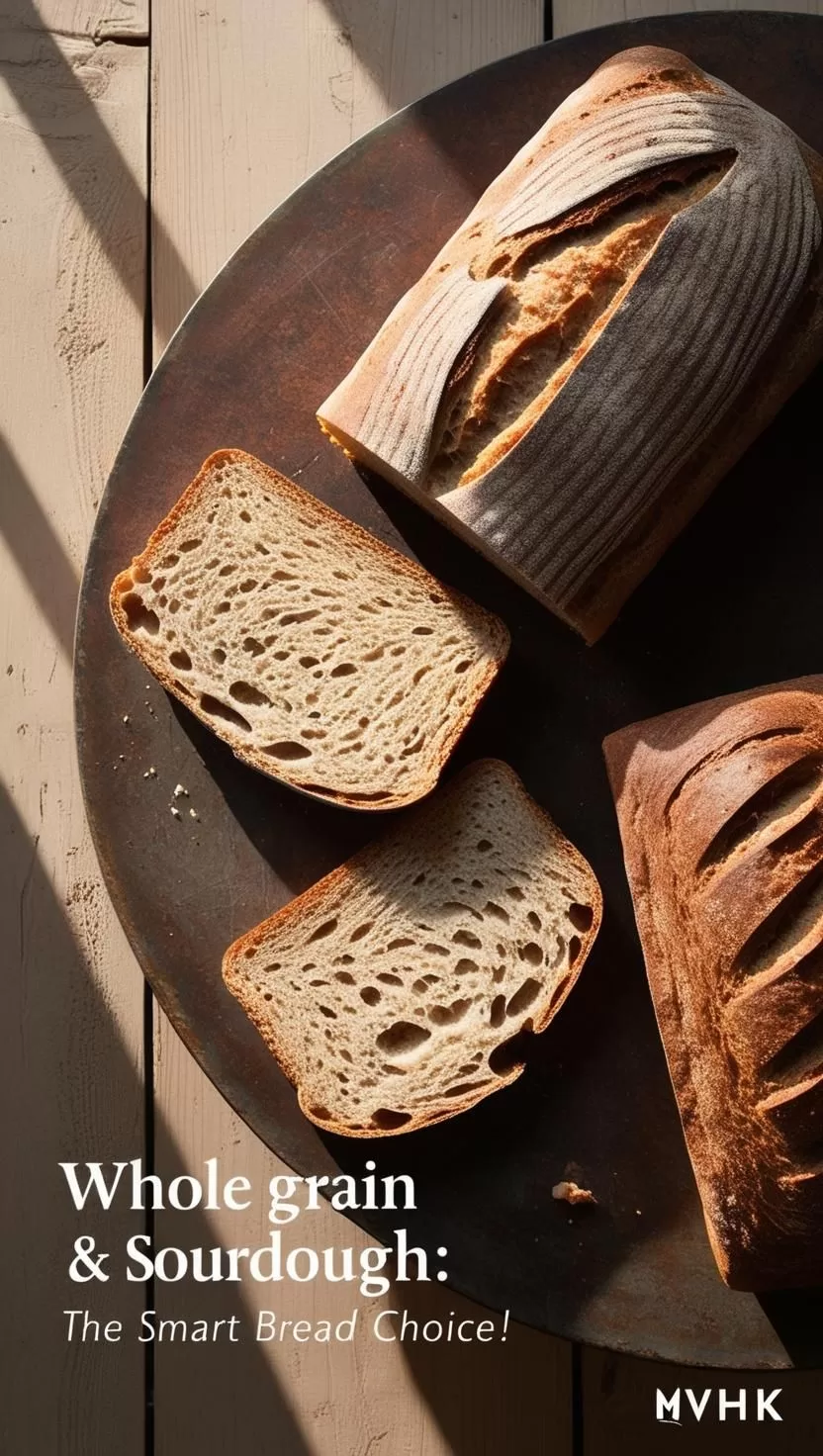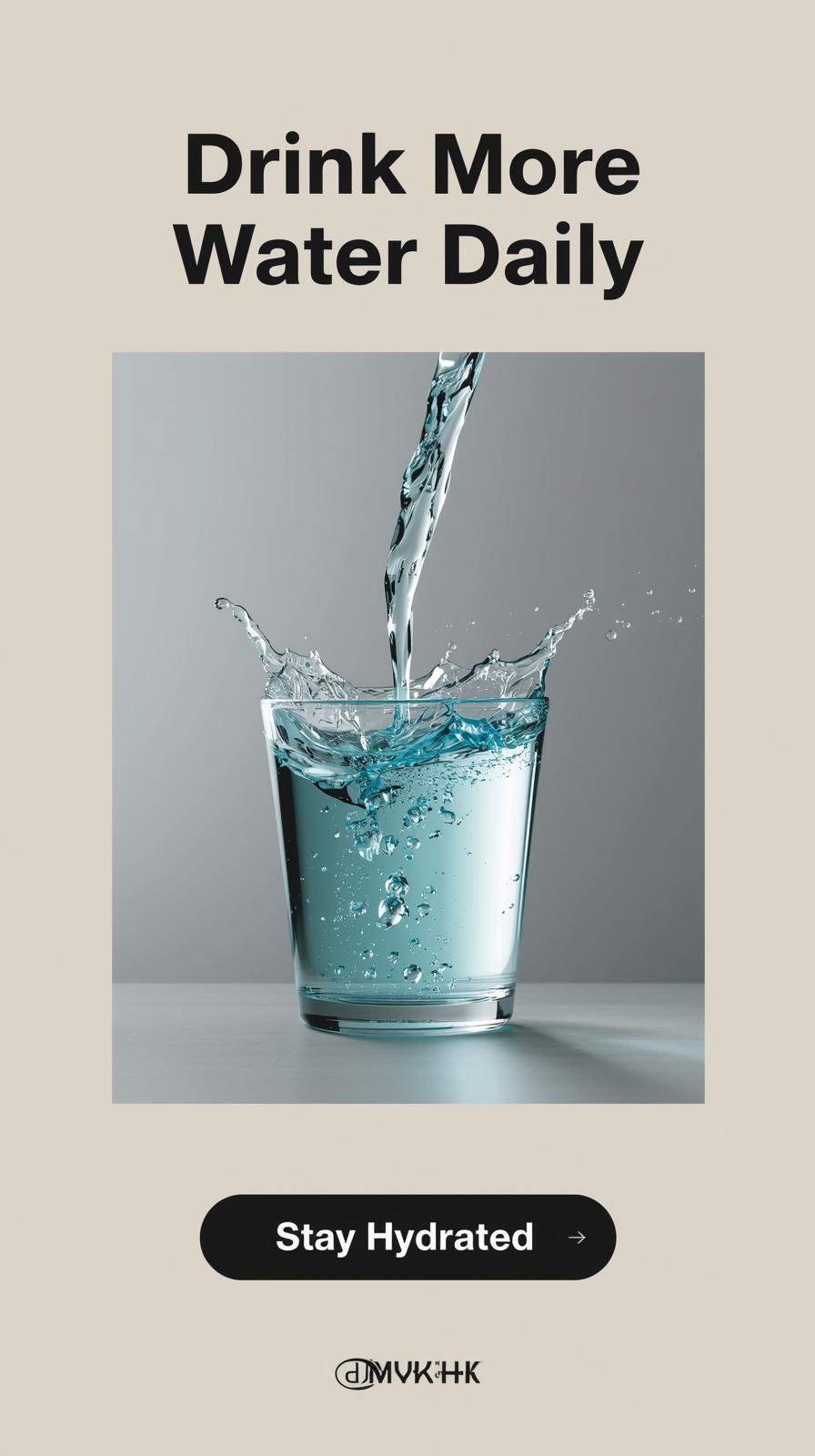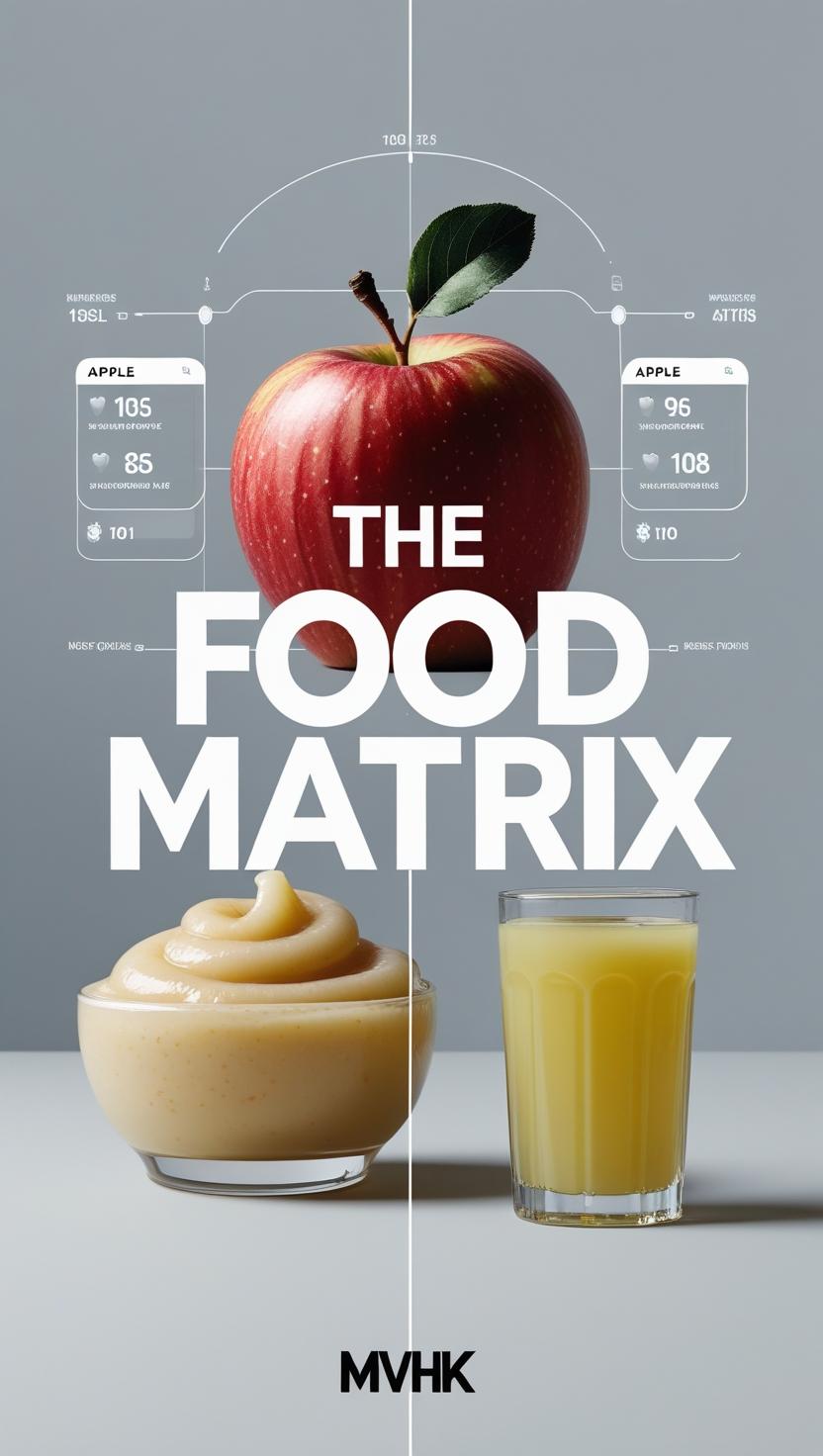Skipping Meals Can Lead to “Food Debt”: Why Eating More Protein Is the Key to Feeling Satisfied and Energized
Are you skipping meals in the name of “healthy eating” or weight control? If so, you might be unknowingly falling into food debt—a term nutritionists use to describe the physiological stress caused by undereating. In reality, not eating enough doesn’t help your body; it sabotages your metabolism and leads to cravings, fatigue, and stalled progress.
In this article, we’ll uncover the science of food debt, explain why high-protein meals are essential, and give you practical tips to escape the hunger trap.
1️⃣ What Is Food Debt, and Why Does It Matter?
The Physiology of Deprivation
When you skip meals, your body doesn’t reset to zero—it starts borrowing energy and nutrients from reserves (like glycogen and muscle) and goes into conservation mode. This slows your metabolism and disrupts hormone levels like leptin, ghrelin, and insulin.
Skipping meals:
- Lowers resting metabolic rate (RMR)
- Increases cortisol levels
- Triggers intense cravings, especially for high-calorie, low-nutrient foods
Why Cravings Are “Debt Collection Notices”
Think of cravings as the body’s bill collectors. If you’ve skipped meals or eaten too little protein, your brain sends strong hunger signals to recoup what was lost.
Signs you’re in food debt:
- You’re constantly tired despite sleeping
- You “crash” mid-afternoon
- You binge on snacks at night
- You’re always thinking about food
2️⃣ Why High-Protein Diets Are the Antidote to Food Debt
The Satiation Power of Protein
Protein does more than build muscle—it’s the most satiating macronutrient, helping you feel full longer and avoid energy dips. It also helps stabilize blood sugar and improves the thermic effect of food (TEF), meaning you burn more calories digesting it.
Scientific support:
- A 2015 study published in the American Journal of Clinical Nutrition showed that high-protein diets significantly reduce appetite and calorie intake in overweight individuals. [source]
Meal Timing and Muscle Preservation
Frequent, protein-rich meals help preserve muscle mass—especially important for busy professionals who may not have time to work out consistently. Preserving lean muscle supports a healthier metabolism long-term.
Examples of high-protein snacks:
- Greek yogurt with almonds
- Hard-boiled eggs and avocado
- Turkey wraps with hummus
- Protein shakes with fiber-rich fruits
3️⃣ The Hidden Dangers of Chronic Undereating
Metabolic Adaptation
Also known as “starvation mode,” metabolic adaptation means your body becomes more efficient at storing energy when food is scarce. This makes fat loss harder over time and increases the likelihood of weight regain.
Symptoms include:
- Cold intolerance
- Hair loss
- Irregular periods (in women)
- Mental fog
Undereating and Mental Health
Food debt doesn’t just affect your body—it impacts your mind. Low caloric and protein intake are linked to increased anxiety, irritability, and depressive symptoms, especially in high-stress lifestyles.
A 2020 review in Nutrients found that insufficient protein and calorie intake may impair cognitive function and emotional stability. [source]
✅ Conclusion: How to Get Started Today
Getting out of food debt isn’t about bingeing—it’s about balance. You can eat well, fuel your energy, and still reach your goals by choosing high-protein, well-timed meals throughout your day.
Action Plan:
- Eat within 1 hour of waking up
- Include 20–30g of protein per meal
- Carry portable snacks (protein bars, eggs, jerky)
- Avoid skipping more than 4 hours between meals
And most importantly—listen to your body. Hunger is not the enemy. It’s a message.
🧠 FAQ
What is “food debt”?
Food debt refers to the physiological deficit your body accumulates when you consistently eat too little, especially by skipping meals. It often leads to cravings and fatigue.
How much protein should I eat per day?
Most adults benefit from consuming 1.2–1.6 grams of protein per kg of body weight, or about 20–30g per meal for maintenance and satiety.
Is it OK to skip breakfast if I’m intermittent fasting?
If fasting works for you and you hit your protein and calorie needs, it’s fine. But if you’re skipping meals and feeling weak, unfocused, or ravenous later, you may be in food debt and should reassess your routine.






